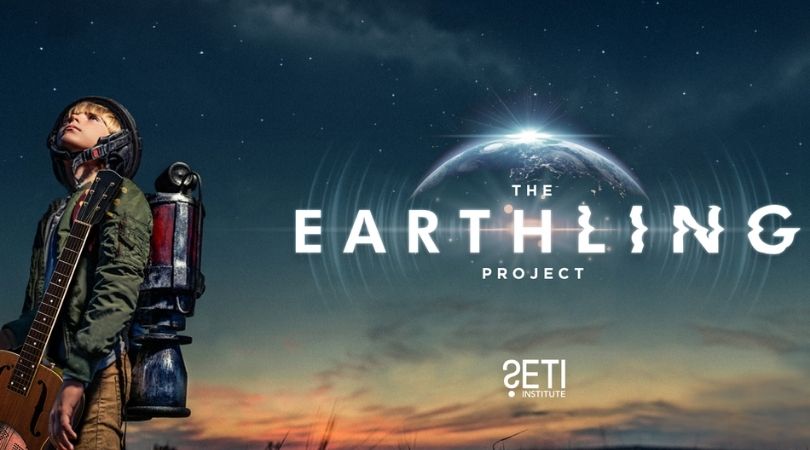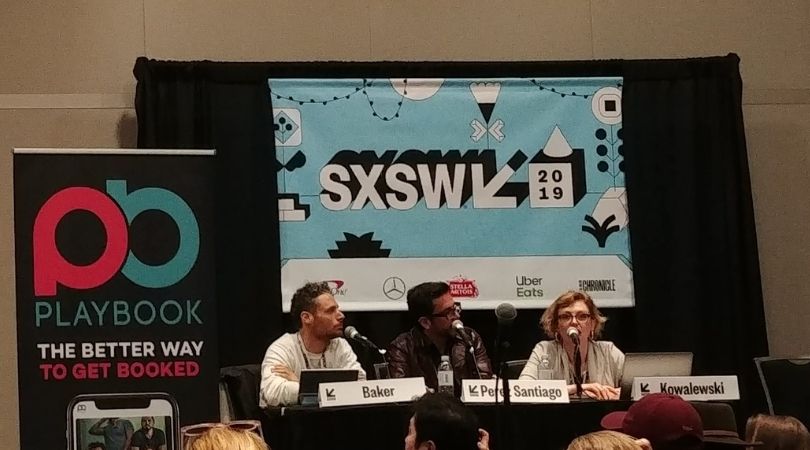
During South by Southwest (SXSW) 2019 the SETI Institute Artists in Residence Program announced its newest initiative, The Earthling Project. In the panel, “SETI, Earthling & the Collective Musical Voice,” Rob Baker, Ola Kowalewski, and Felipe Perez Santiago, the SETI Institute’s Artist in Residence, explained the importance that music plays into representing humanity, the role it played in the Voyager Golden Record, and the role it will play in the future.
The panel aimed to explain The Earthling Project which hopes to create a universal voice that can represent humanity to the cosmos. They also outlined the plan to send our united voice to the stars. Utilizing the advances in technology since the Golden Record, the initiative aims to collect sound from all over the world and use them to compose a piece of music that exemplifies the multitudes of humanity. The best explanation of the initiative comes from Perez Santiago himself:
“The project’s goal is to create global collaborative music, for eventual launch into space, that leaves a message of who we are now as species, as humans, and as earthlings. Using online platforms and social media we will invite musicians, artists, space lovers, humanists, and everyone else in the world to participate and build a community of music, art, and technology.”
The theme is to present us as Earthlings, one planet, with many songs, sounds, and languages, who are a part of one humanity. As Perez Santiago explained in the talk, the name for the project is centered around the word Earthling was from Jill Tarter a world-renowned Astronomer.
Having attended a closed-door session at SETI during my first year of grad school in 2014, everything about this project fascinates me. The project will have four phases, featured below, each of which the panel discussed at length during their announcement at SXSW.
Phase one is the collection of Earth’s voices. In this stage they will ask for recordings of human voices speaking, saying, or making sounds that are culturally significant to them, representative of their geolocation on the planet, country of origin, or heritage. The collection of the voices is focussed on accessibility and aimed to be done with a basic smartphone or via a web browser. When asked about collecting samples from more remote locations with access to the aforementioned tech, Kowalewski explained that nothing has been ruled out and that they are aware of the need for inclusion of those voices.
In phase two, Perez Sanitago will compose a piece of music using the voices set to percussion. His choice to use percussion instruments instead of a symphony, in spite of his extensive experience as a conductor, was due to his need to present a piece of music that is not Euro-centric. By using percussions, Perez Santiago explained, he would be using the oldest form of music created by Earthlings. This focus on the details from a classically trained composer, is a breath of fresh air, as all forms of academia struggle to decolonize their works.








